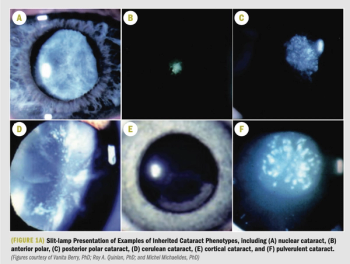
Several hundred genes are associated with congenital forms.

Several hundred genes are associated with congenital forms.
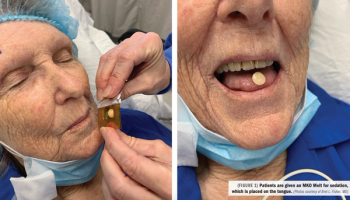
Sublingual troche sedation represents attractive anesthesia option for specific subset of patients with cataracts.
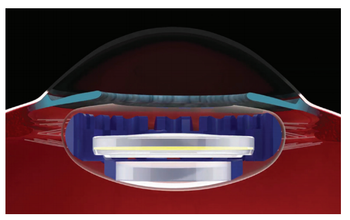
Lens offers full range of vision from distance through near vision.
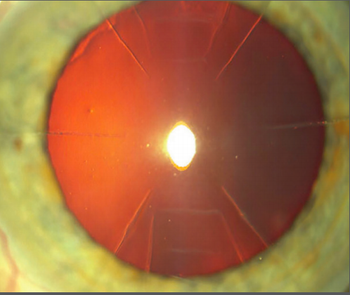
New option may prove to be a solution for cataract cases with unusual corneas.

Drinking alcohol on a regular basis may decrease patients’ chances of developing cataracts that require surgery, new research shows.
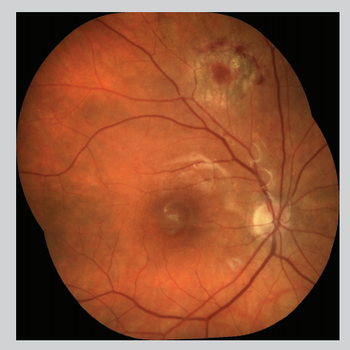
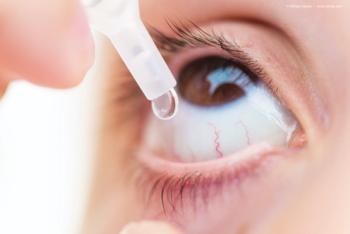
Visus Therapeutics announced today that FDA has approved its Investigational New Drug Application (IND) to move forward with the clinical development program for BRIMOCHOL

Patients show impressive proptosis and diplopia responses to teprotumumab.
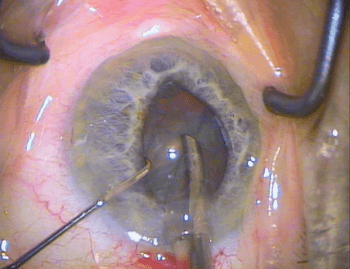
Cataract surgeons must consider medication history as part of preoperative evaluation.

Investigators find options could prove to be alternatives to surgical management.
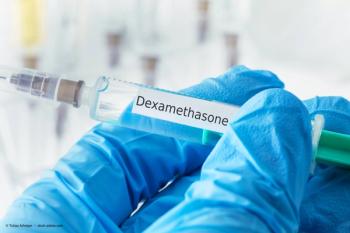
Once-daily corticosteroid treats pain, inflammation after surgery.
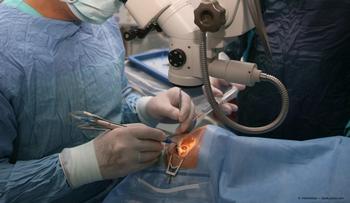
Physician pioneers technique offering higher perspective in surgery, outcomes.

New options open possibilities for treatment, resulting in better outcomes for patients.
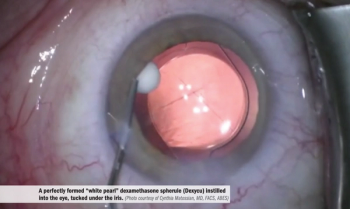
With intraoperative sustained release steroids, ophthalmologists can eliminate the gambles of patient adherence.
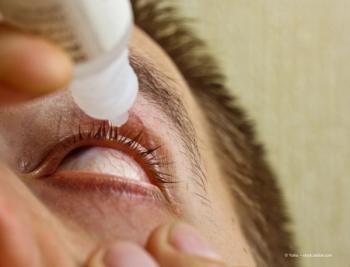
Study supports preoperative ocular surface optimization with artificial tears.

Change can prove to benefit individuals with diabetes, other comorbidities.
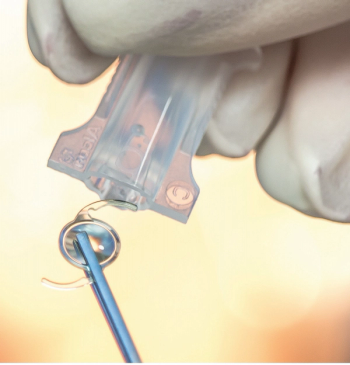
Procedure increases lens stability and improves visual acuity in patients.

Improvements gained prior to surgery can result in positive outcomes.
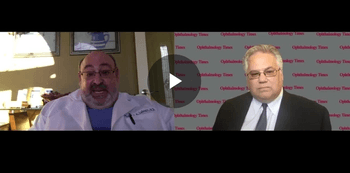
Richard Lehrer, MD, speaks on the highlights of a study analyzing the success of SLT after trabecular bypass stenting / phacoemulsification, presented during AAO 2020.

John A. Hovanesian, MD, discusses the highlights of his presentation on a clinical study evaluating dexamethasone vs prednisolone acetate 1% in controlling postop pain/inflammation in sequential cataract surgery patients.
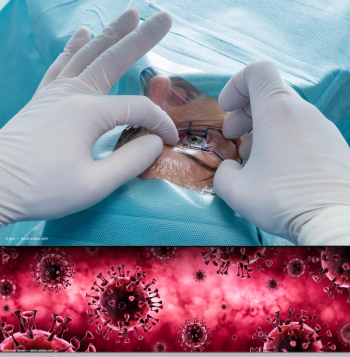
Pandemic is driving — and accelerating — changes in how ophthalmic care is delivered to patients.
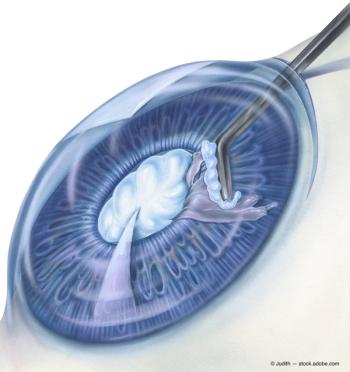
Innovations have made procedure quick, safe, effective.

Goniotomy-viscodilation cataract surgery controls IOP without medications.
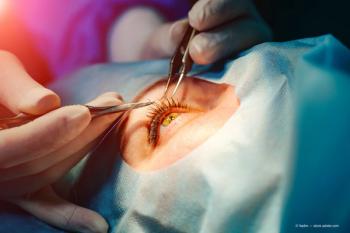
Advances in laser-vision correction provide visual results that often surpass 20/20.

Programs use detection and treatment to ease burden of eye disease.